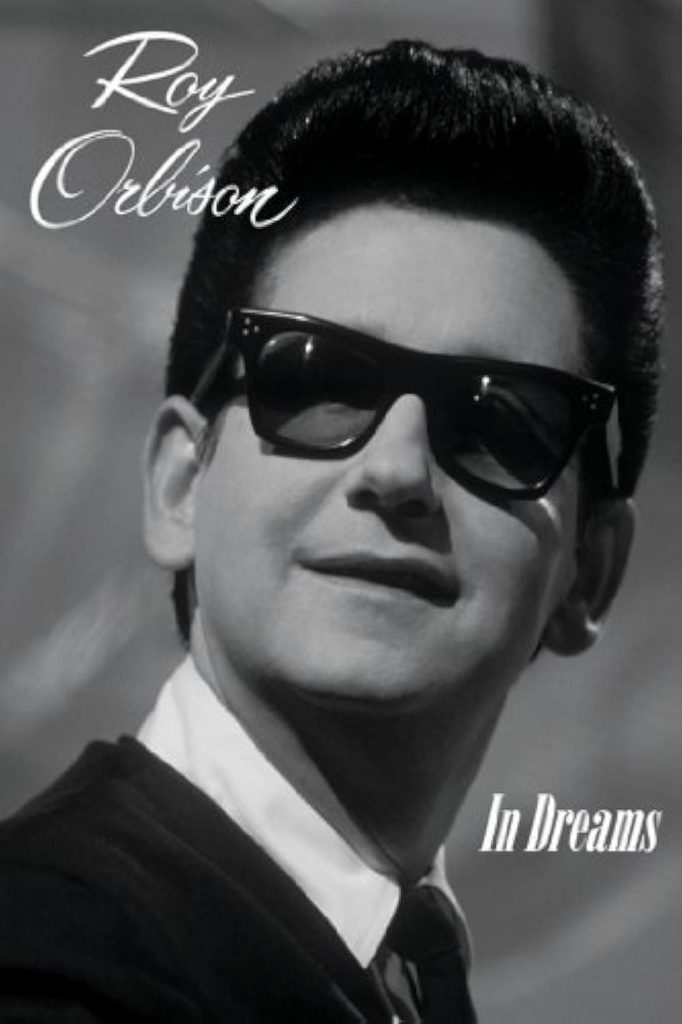
Roy Orbison’s Iconic Hit: “Oh, Pretty Woman”
“Oh, Pretty Woman”, also known simply as “Pretty Woman”, is one of the most memorable and enduring songs in rock and roll history, recorded by the legendary Roy Orbison. Released in August 1964, the song quickly became a sensation, spending three weeks at number one on the Billboard Hot 100 from September 26, 1964. This achievement marked Orbison’s second and final single to reach the top spot in the United States, following his earlier success with “Running Scared”. In the UK, it was equally successful, topping the UK Singles Chart for three weeks and becoming Orbison’s third single to achieve this feat.
The song was crafted with the expertise of Roy Orbison and his co-writer Bill Dees, and it was inspired by a real-life moment involving Orbison’s wife, Claudette. As the story goes, Claudette interrupted a conversation to announce she was going out, prompting Orbison to ask if she had enough cash. Dees quipped, “A pretty woman never needs any money,” and thus, a hit was born.
The recording session for “Oh, Pretty Woman” took place on August 1, 1964, and was produced by Fred Foster. The song featured an impressive lineup of musicians, including Orbison himself on guitar, Billy Sanford, who played the iconic introductory guitar riff, Jerry Kennedy, Wayne Moss, and others. Floyd Cramer added his distinctive touch on the piano, while Boots Randolph and Charlie McCoy contributed on saxophones. The rhythmic foundation was laid by Buddy Harman on drums and Paul Garrison on percussion, with Bill Dees providing harmony vocals.
An interesting note about the song’s release is the slight difference in lyrics between the single version and the LP version found on the Orbisongs album. The original lyric “come with me baby” was altered to “come to me baby” for the single release, as the former was deemed too risque for the time. Despite—or perhaps because of—these nuances, the record sold an astounding seven million copies and cemented itself as a high point in Orbison’s career. The Recording Industry Association of America (RIAA) certified the single gold in October 1964, and Billboard ranked it the number four song of that year.
Beyond its initial success, “Oh, Pretty Woman” has left a lasting legacy. The song was famously used as the title track for the 1990 film “Pretty Woman,” starring Richard Gere and Julia Roberts, which introduced it to a new generation. The Broadway musical adaptation in 2018 further solidified its place in popular culture. In recognition of its impact, Orbison posthumously won the 1991 Grammy Award for Best Male Pop Vocal Performance for the recording from his 1988 HBO special “Roy Orbison and Friends: A Black and White Night.”
In 1999, the song was inducted into the Grammy Hall of Fame, and it was named one of the Rock and Roll Hall of Fame’s 500 Songs that Shaped Rock and Roll. Rolling Stone magazine ranked it at number 224 on their “500 Greatest Songs of All Time” list in 2004, and in 2008, the Library of Congress selected it for preservation in the National Recording Registry, ensuring that “Oh, Pretty Woman” will continue to enchant listeners for generations to come.
In essence, “Oh, Pretty Woman” is more than just a song; it is a piece of musical history that showcases the genius of Roy Orbison and his remarkable ability to capture the essence of romance and longing in a way that resonates across the decades.